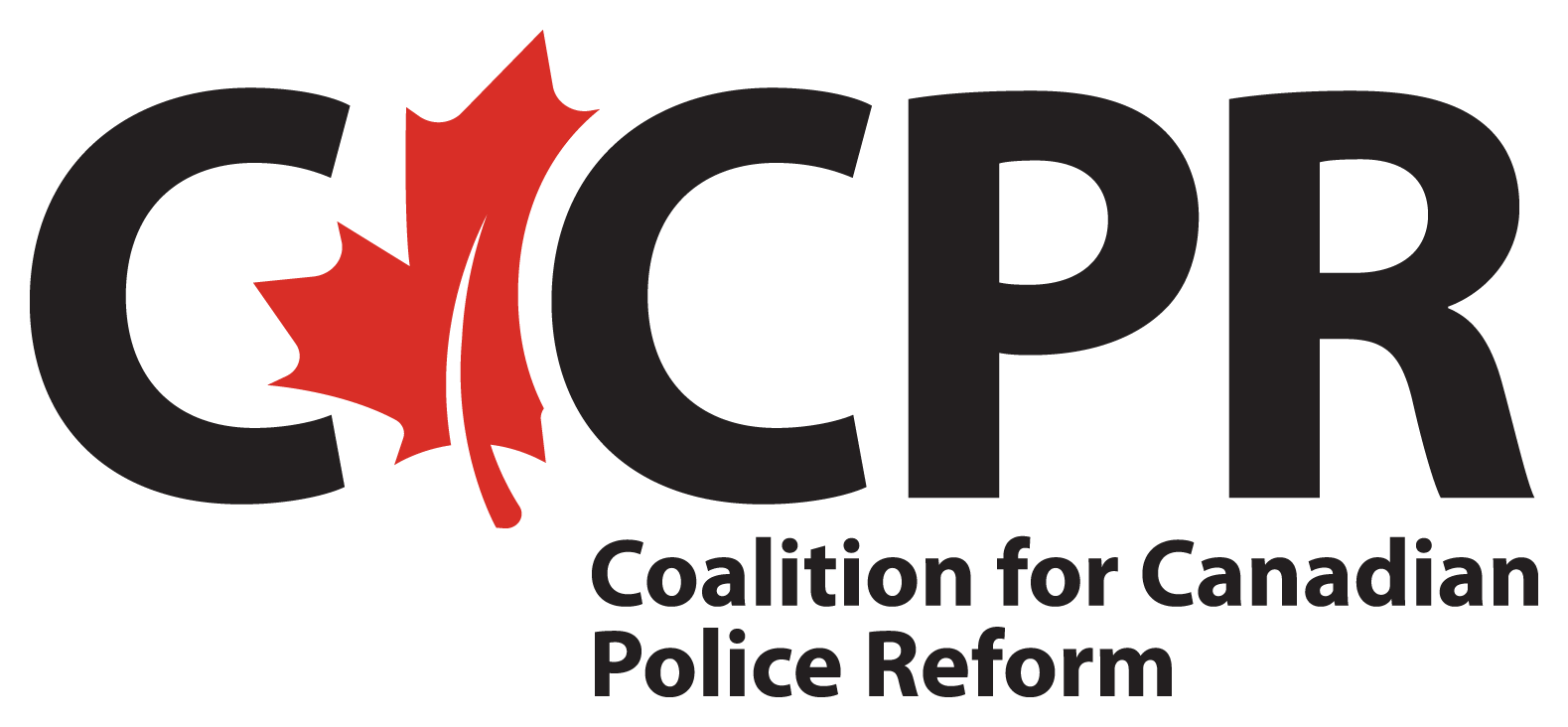What are Peel’s Principles?
In 1829 in London, England it is said that Sir Robert Peel espoused these principles. Others say that the first two Commissioners of the London Metropolitan Police developed them. But whatever the origin, Peel’s Principles are very important operating principles for police in the 21st Century, just as much as in the 19th Century when they were written.
Principle 1
“The basic mission for which the police exist is to prevent crime and disorder.”
Comment: Think of Haiti today where gangs rule and there is lawlessness on the streets. Without order a democratic society with freedom of expression and defined personal rights like we find in the Canadian Charter of Rights and Freedoms cannot exist.
Principle 2
“The ability of the police to perform their duties is dependent upon public approval of police actions.”
Comment: The massive protest in Ottawa was fueled by the participants who showed no respect for the police. Only when the police appeared in large numbers and moved in an organized fashion to break up the giant street party did order return to the Parliamentary precinct.
Principle 3
“Police must secure the willing cooperation of the public in voluntary observance of the law to be able to secure and maintain the respect of the public.”
Comment: For many Canadians the events in Ottawa fueled a further loss of respect when police failed to remove the protestors.
Principle 4
“The degree of cooperation of the public that can be secured diminishes proportionately to the necessity of the use of physical force.”
Comment: If people trust the police and cooperate with the police then use of force isn’t needed.
Principle 5
“Police seek and preserve public favor not by catering to the public opinion but by constantly demonstrating absolute impartial service to the law.”
Comment: The Charter of Rights and Freedoms is the guidance police follow, not the sway of public opinion.
Principle 6
“Police use physical force to the extent necessary to secure observance of the law or to restore order only when the exercise of persuasion, advice and warning is found to be insufficient.”
Comment: This principle is enacted by “Use-of-Force” Guidelines. Talk first!
Principle 7
“Police, at all times, should maintain a relationship with the public that gives reality to the historic tradition that the police are the public and the public are the police; the police being only members of the public who are paid to give full-time attention to duties which are incumbent on every citizen in the interests of community welfare and existence.”
Principle 8
“Police should always direct their action strictly towards their functions and never appear to usurp the powers of the judiciary.”
Comment: In Canada police lay charges but charges only proceed under the direction of the Crown Prosecutors.
Principle 9
“The test of police efficiency is the absence of crime and disorder, not the visible evidence of police action in dealing with it.”
Comment: This is the ideal state of affairs.
